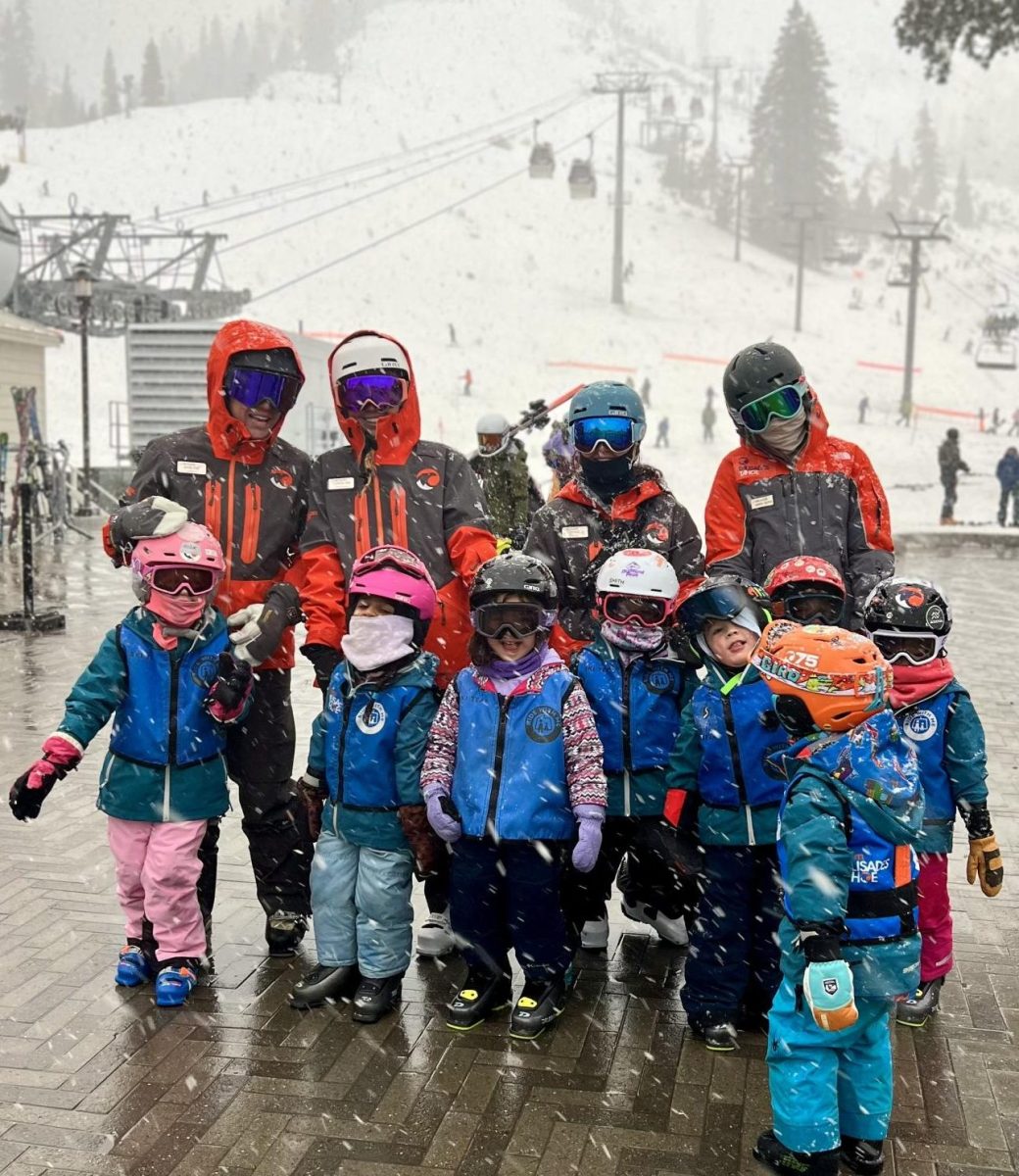It’s the first day of school. You walk around the halls, surrounded by a sea of new faces: friend groups greeting each other, couples walking together. With all the mixed emotions going on inside, you don’t know what to expect other than that you’ll have trouble finding your first period. Everyone seems to belong, having known each other for years. You wonder how you are going to fit into these strongly-bonded cliques.
For some Redwood students, this was a recent reality. Junior Ricky Fonseca transferred from Novato High School at the beginning of this school year. With this change, he has had to adapt to a new and demanding environment.
“I was taking on so many challenging classes all at once in a completely new environment, all with complete strangers on a new campus that I didn’t recognize, and without any comfort,” Fonseca said.
For Fonseca, the hardest part of the transition has been making new friends. Being forced to meet new people has made him more socially-adaptable, he said, however it is still a difficult process.
“I am still transitioning. The hard part is getting to know new people and having enough time to show people my personality,” Fonseca said.

This feeling of uncertainty is shared among other students, including junior Victoria Wiggins. When she moved from Arizona last December, finding friends in her new surroundings was stressful.
“It was pretty hard, I’m not going to lie. Not everyone is open to new opportunities. I’m a really social person, so it’s easy for me but if no one is accepting or willing, it’s not going to happen. I had to find friends who were open-minded,” Wiggins said.
However, as time passed, Wiggins has been able to adapt and make new friends.
“I felt a little off at the beginning, but I really adjusted as time progressed. I feel like I have grown mentally. My ‘adapt skills’ are way better than they used to be,” Wiggins said.
Moving is one of the leading causes of stress in life, right along with death of a loved one, divorce, a major illness or job loss, according to an article in the Huffington Post titled “11 Tips to Cope with the Stress of Moving.” It can be particularly detrimental to adolescents, according to a University of Virginia study conducted in 2010 by Dr. Shigehiro Oishi. He stated that this is a time when teens are expected to be committed to a particular peer group. Additionally, moving a lot makes it difficult for people to maintain long-term close relationships.
Prior to this critical age, making adjustments and friends are less of an issue. In a study of the medical records of more than a half million children in 2014 led by Jeffrey Millegan at the Naval Medical Center in San Diego, it was found that “adolescents in particular—even more than younger people—have a difficult time making adjustments.” Junior Jake Hanssen moved with his family from North Carolina to California in fifth grade. Although Hanssen was anxious and stressed leading up to the move, he adjusted quickly.

“I actually didn’t know what to expect. When I came over, I actually puked five times on the plane, so that was a bad sign. I must have been emotionally unprepared. But when I went to Bel Aire Elementary School and people were welcoming and kind, of course I felt like I had found a place,” Hanssen said.
Hanssen’s view of California was based on stereotypes, this only prior knowledge of the state to which he was moving.
“I expected to see people coming to school in bathing suits and watching the sunset every night on the beach with my surfboard,” Hanssen said.
Hanssen is grateful for the move, which has provided him access to a variety of opportunities and perspectives. He has been able to establish himself at Redwood, and encourages other relocating teens to be assertive while cautious.
“Keep an open mind about it and be an aggressive friend-maker. Look to apply yourself in different situations and get a feel for the place before you make any rash decisions,” Hanssen said.
Wiggins also has advice on the importance of being oneself and on how to choose friends.
“You just have to know who you are and be yourself. Just show your true colors. Try to make friends who are similar to you, who will help you progress,” Wiggins said.












!["I knew I wanted to be a writer. I wasn't a good student [at Redwood], but I wanted to be a writer, and I wanted to paint. I'm self-taught in all of it, which gave me an original voice," Paige Peterson said. (Photo courtesy of Paige Peterson’s website).](https://redwoodbark.org/wp-content/uploads/2025/02/ppeterson.png)